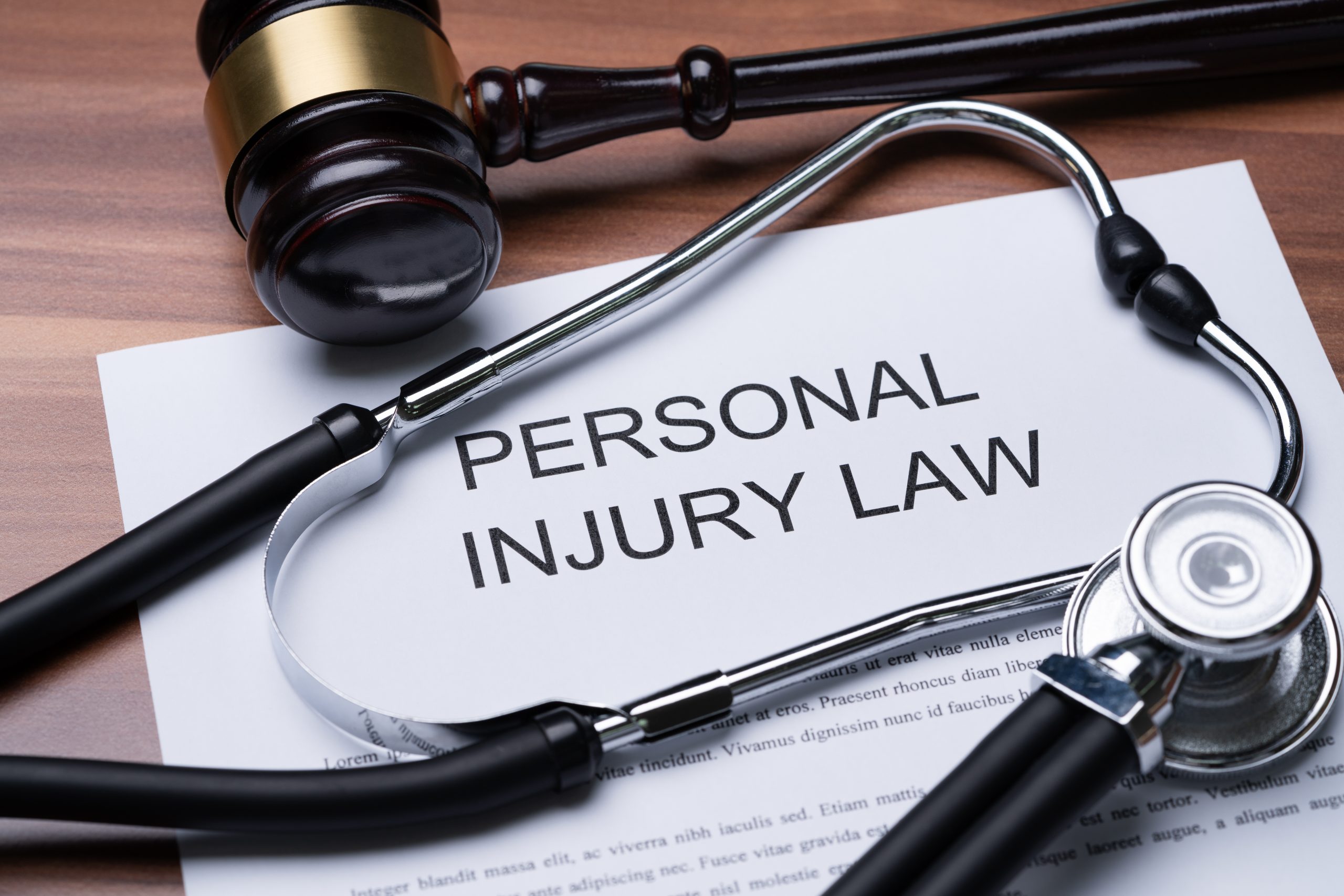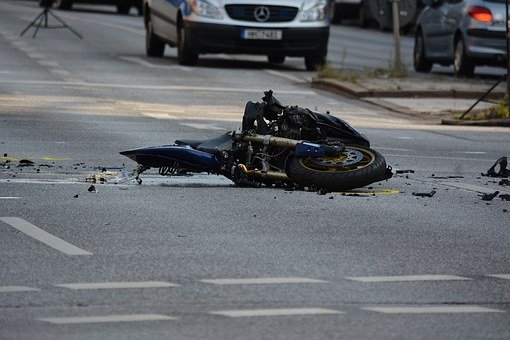
Commercial Awareness Update – W/C 14th December 2020
December 17, 2020
What can I expect during my Personal Injury Case?
December 19, 2020Although motorcycle drivers compromise just around 5% of vehicle owners in the United States, they are more susceptible to accidents than others. Blame it on the negligence of other drivers or the inherently dangerous nature of riding a motorbike, motorcyclists always get the short end of the stick. Because you must always consider accidents as a possibility, you need to know how to act if you are ever unlucky enough to be involved in one.
Here are 8 crucial things you should do right after a motorcycle crash.
Step 1. Stay Safe
Crashing into another vehicle or being hit by another driver is certainly scary, but you need to keep a level head to get out of danger. The most important thing you should do after any crash is to get to safety. This means no lingering on the road in the middle of traffic. Not only will this put you in danger, but it will cause the road you are on to become too congested for first responders to reach you on time. So, keep your protective gear on, and move to the side of the road.
Step 2. Don’t Go Anywhere
It may be tempting to leave the scene if you are not severely injured. However, some internal injuries take some time to manifest, so it may not be safe for you to move. Moreover, if you leave the scene without filing a report, this will compromise your chances of getting compensated for your injuries/damaged vehicle. Luckily, 911’s response time has significantly improved. Thanks to the use of new software, first responders should be able to reach you in only seven minutes.
Step 3. Seek Legal Consultation
While you hang tight waiting for first responders to arrive, you should make a few important calls. Your lawyers should be the first person to contact after an accident. The seasoned New Jersey attorneys at https://www.dsslaw.com/motorcycle-accident-attorney/ assert that seeking professional legal help right away greatly increases your chances of getting reimbursed. That said, you should be forthcoming with your lawyer, even if you believe that the accident was your fault. Explain to them what happened in detail so that they can guide your next steps.
Step 4. Call Your Insurance Company
Admittedly, reaching your insurer is one of those things you hope that you don’t ever have to do. Nonetheless, it is crucial in this case. This is particularly true if the other party is uninsured or you believe that their insurance will not cover the damages. Since insurance companies are widely notorious for digging up loopholes to underpay their clients, you must inform yours of the accident immediately. This way, you do not have to settle for less than what you deserve.
Step 5. Talk to the Police
Once the police and paramedics arrive, you must get the medical help you need. Then, you should talk to the police. Filing a report is a surefire way of protecting your rights and ensuring that the other party does not change their story later on. The police will ask both you and the other driver to describe the accident to be able to objectively make sense of what took place. Just make sure to be as honest as possible, and don’t forget to request the citation number of the report to get a copy of it later.
Step 6. Don’t Engage With the Other Driver
Granted, you may want to resolve the issue cordially with the other driver, but you can never be sure of how they will react. Some people get furious or downright violent when money is on the line. By not engaging with the other party, you will be saving yourself a lot of headaches. Just stay put and let the police, and later your lawyer, handle the situation.
Step 7. Jot Down Notes
There is no such thing as having too much evidence. Getting solid proof of what transpired can make your compensation claim get settled much quicker. You cannot also discount the possibility of suing the other driver. In this regard, we recommend that you jot down as much information as you can, including a short description of how the other vehicle looks in addition to its number plate. You may also snap a few pictures of the crash and your injuries just to be on the safe side.
Step 8. Talk to the Other People at the Scene
When it is your word against the other driver’s, it may become hard for the police to make heads or tails of what happened. This is why you need to find witnesses. Not only can witnesses describe the accident in greater detail than you, but they can also back you up if worse comes to worst and you find yourself at court. After they talk to the police, be sure to exchange contact information to be able to reach them later.
Motorcycle accidents are usually extremely serious and result in severe injuries. To ensure your rights, you need to keep the above points in mind. You should always exercise caution as well whenever you drive your vehicle. This means you must not speed or suddenly change lanes. This way, you can limit the chance of being involved in a crash.





